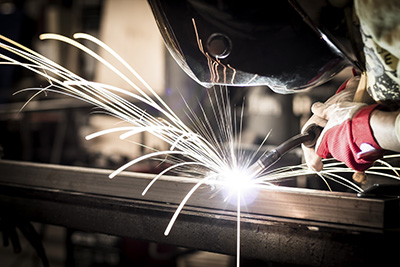F.A.Q


Discover the answers to some of the most commonly asked questions in the gate industry. This FAQ page has been especially designed to provide information and guidance on important topics which are of great interest to all people who own and use such automatic systems. Keep returning back to it to learn more.
An electric gate not closing well is certainly a very serious problem and there might be several factors causing such a problem. The most usual suspect is the residential gate opener and the reverse system. Though, it might also be a small obstacle keeping the gate from moving right. Our specialists say that it could be a problem with any mechanical part – from rollers to the track and that's why driveway gate troubleshooting is required.
The exit sensors are special since they're installed close to the gate and sense the vehicles coming through. So, you don't have to press the gate clicker if you're exiting your property. These sensors will sense your car (by the weight) and will open the gate. They usually sense vehicles up to 15 feet radius. They're connected with the residential gate opener. In most cases, gate exit sensor installation is useful to big apartment buildings so that cars won't make long lanes when moving out.
Wooden gates are attractive and often suitable for a rural location, however they can warp and crack. Metal gates are less expensive and easier to maintain.
There are two man types. The so called photo eyes emit an infrared beam while the gate is operating along its length. If the beam is interrupted by a person or an object, the opener receives a signal and reverses the gate. The safety edges, on the other hand, send a signal to the opener when there is pressure on them. Basically, they respond to touch.